Monday Feb 16, 2026
Monday Feb 16, 2026
Friday, 11 February 2022 00:00 - - {{hitsCtrl.values.hits}}
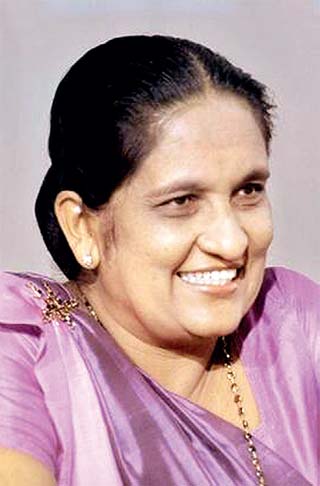
Sirimavo Bandaranaike
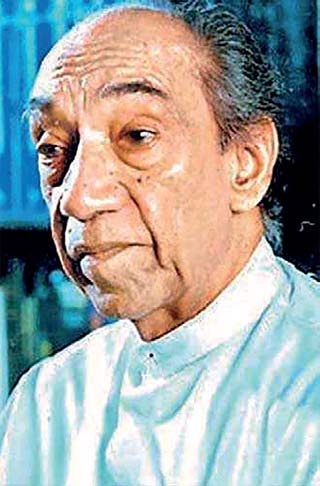
J.R. Jayewardene
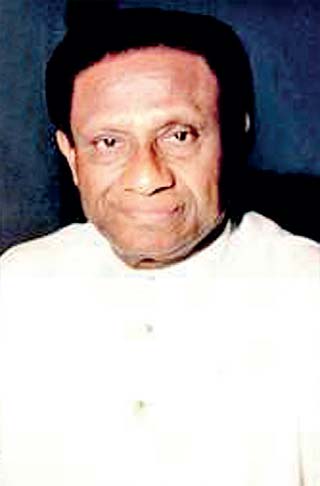
Ranasinghe Premadasa
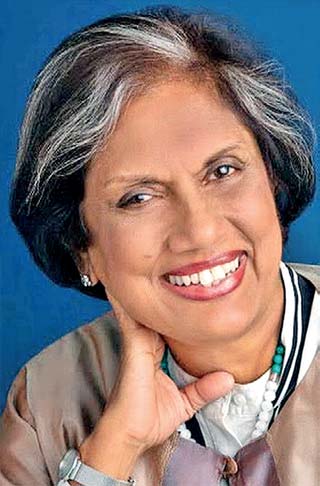
Chandrika Bandaranaike Kumaratunga
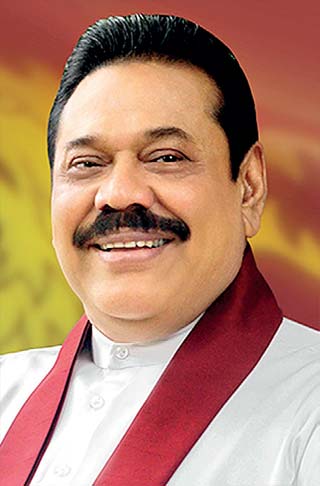
Mahinda Rajapaksa
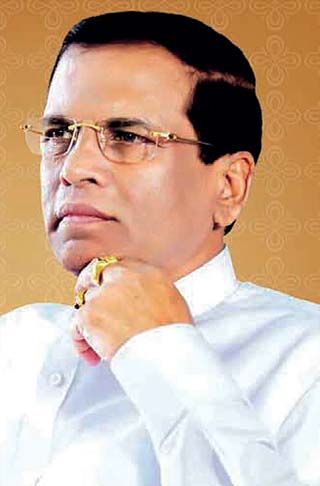
Maithripala Sirisena
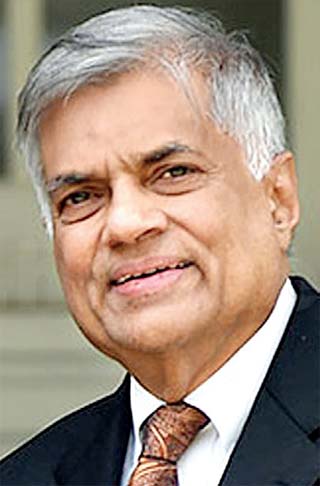
Ranil Wickremesinghe
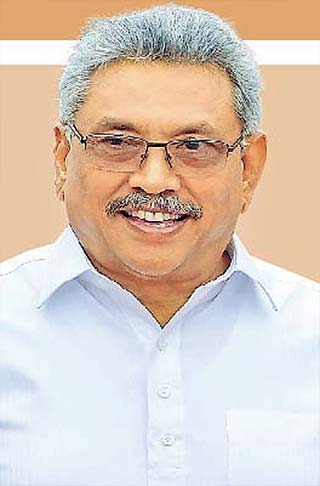
Gotabaya Rajapaksa
Of all previous independence celebrations held so far, the 74th independence celebration can be described as the most significant one in which there was a strong social dialogue about the independence. From what I have read and heard on social media and several other sources on this occasion, it seemed to me that the way the Sri Lankan society thinks today is much different and more advanced than how it did about two years ago. This implies that the socio-political imagination of the people has improved significantly despite the adverse and excessive pressure exerted on them by the present crisis facing Sri Lanka.
independence. From what I have read and heard on social media and several other sources on this occasion, it seemed to me that the way the Sri Lankan society thinks today is much different and more advanced than how it did about two years ago. This implies that the socio-political imagination of the people has improved significantly despite the adverse and excessive pressure exerted on them by the present crisis facing Sri Lanka.
The diminution of recognition accorded to ethnic and religious differences is foremost among the changes that have taken place in the socio- political imagination.
In the final analysis, the Sinhala Buddhists, the majority community also, for the first time seems to have realised that all the leaders who professed to be the sole representatives and the guardians of Sinhala Buddhist nationalism have led them to a worst hell at the end and not to a kingdom of heaven. This transition can be said to have resulted in reducing the intensity of ethnic and religious tensions which, at a time, had reached a point of explosive proportion and consequently promoting conciliatory attitudes.
When grappling with the crisis in Sri Lanka, it is important that we identify the major factor or the root cause of it in its proper perspective. There was no proper order or a strategic road map in our journey since independence. We gained independence without a freedom struggle. Accordingly, there was no opportunity to lay a strong foundation to build national unity and solidarity and also, we did not have mature leaders with a strong national vision. Our leaders did not fully understand the importance of acting in accordance with the Constitution. At the same time, they did not realise the importance of living within the available means.
By the mid-1970s, the cost incurred in the grant of rice subsidy which included one free measure of rice and another measure at a subsidised rate far exceeded the cost of education. By that time, ethnic unity, to a great extent, was in a state of disarray, and the system of governance too had become confused. Yet, in spite of all these shortcomings the rulers of the country did not act like bloodsucking vampires who sucked the essence of the country. There may have been minor or isolated incidents of corruption, but no large-scale looting of public property was recorded.
Illegal character of Parliament
It was after the enactment of the 1978 constitution and placing the president above the rule of law that the state governance became a system of plundering the public property apart from ruling the country. The horrible predatory system that wreaked havoc in the country was developed at the same time while some good things too had been taking place. In a parliamentary democracy, parliamentarians are not allowed to transact business with the government at all. It is considered a serious offence that warrants the culprit being deprived of the Parliamentary seat and his civic rights also.
That is the situation in every democratic country; even in Sri Lanka, according to the law of the country, the MPs doing business with the government was considered a serious offence leading to them being deprived of their seat in the parliament. Doing business with the government meant buying and leasing government property and receiving them as grants, or selling or leasing property to the government,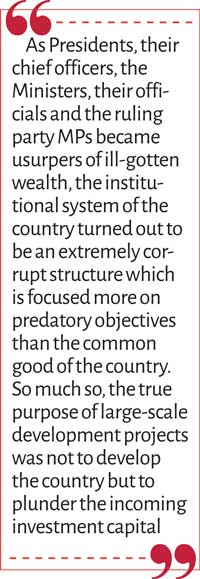 acting as government suppliers or contractors, and government licensees.
acting as government suppliers or contractors, and government licensees.
Having such interests in government contracts has been described as a disqualification by clause 13 (3) (c) of the Order in Council 1946 or the Soulbury Constitution. It is also stated in the Article 70 (1) (d) of the 1972 Constitution and Article 91 (1) (e) of the 1978 Constitution as follows; “No person shall be qualified to be elected as a Member of Parliament or to sit and vote in Parliament, if he has any such interest in any such contract made by or on behalf of the State or a public corporation as Parliament shall by law prescribe.”
Also, the both Constitutions i.e. the Article 75 of the ‘72 Constitution and Article 101 (2) of ‘78 Constitution state that “until parliament by law makes provisions for such matters the Ceylon (Parliamentary Elections) Order in Council, 1946 as amended from time to time, shall subject to the provisions of the Constitution, mutatis mutandis, apply. In terms of two Supreme Court rulings issued on the subject, it is the provisions of the Soulbury Constitution that apply to the Members of Parliament or candidates running for a Parliamentary election. If the Parliament is in a situation where the majority of the Members of Parliament are transacting business with the Government, directly or indirectly, such a Parliament should be considered as an Illegal Parliament.
It is also important to consider briefly as to how a system in which the President and the ruling party parliamentarians get together and plunder the public property of the country came into being. The 78th Amendment placed the President above the law. Consequently, the President gained the legal immunity for any wrongdoing that he commits. In that special situation, President Jayewardene himself repeatedly violated the laws imposed to prevent the people’s representatives doing business with the government. It was only after that the MPs of the ruling party were encouraged to violate the same laws.
JR’s example
JR Jayewardene, shortly after becoming the President, exchanged 50 acres of barren coconut land, which he had in Madampe in the Nattandiya electorate, for 50 acres of fertile coconut land from the Keena Kele Estate, owned by the Land Commission. Needless to say, that this was an improper deal which is unbecoming of a President. Here is another ugly deal made by the President on this subject.
In 1981, the head of the Inland Revenue Department wrote a letter to President Jayewardene requesting him to settle income tax arrears payable to the government in respect of the businesses owned by him and his wife. Instead of settling the tax arrears, he informed the Commissioner of Inland Revenue that he would transfer the ownership of the house and land at No. 66, Ward Place, Colombo, where he and his wife reside to the Government after the death of him and his wife, in lieu of the tax arrears payable.
Elena Jayewardene, his wife had to write three different deeds of gift on three occasions. The final deed (deed no. 7346) dated 21 June 1993 prepared in this respect by John Wilson Notaries Company states that the above land and the house should be transferred to the government in lieu of the tax arrears payable by her and her husband to the Inland Revenue Department should be handed over to the JR Jayewardene Center by the Government of Sri Lanka after the death of her husband. That was how President Jayewardene paid his taxes to the government.
The manner in which the land and the building were acquired for the Jayewardene Center is also contrary to the principles applicable to the people’s representatives’ transacting business with the government.
The “Vaijayantha” house used for the JR Jayewardene Center was built by President Jayewardene’s father in the 1930s. It was considered the family home of the Jayewardene family. It was sold to the Chinese government in 1958 to set up the Embassy of the People’s Republic of China. After J.R. Jayewardene became President, he wanted to get his house and land back; he gave Chinese government a large plot of land in a better place to establish the Chinese Embassy and turned his old mansion into the Jayewardene Center at the expense of the government.
Plunder and pillage at the highest
The government of President Jayewardene inherited a large pool of land from the previous Sirimavo Bandaranaike government which he could distribute among his MPs and cronies. Consequent to the ‘71 uprising, the government imposed restrictions on land ownership and acquired lands above that limit. At the same time nationalised the lands owned by foreign companies. The extent of land acquired by the previous government exceeded one million acres. It was those land that President Jayewardene was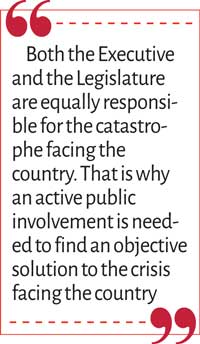 distributing among the MPs of the ruling party and his cronies. As a result of this practice, a large number of government MPs became landowners.
distributing among the MPs of the ruling party and his cronies. As a result of this practice, a large number of government MPs became landowners.
In addition, the President allowed the government MPs to function as government contractors and government licensed businessmen. I am not saying that President Jayewardene did all this with malicious intent of creating a system of plundering the country’s wealth. But he knew that what he was doing was against the law of the land and democratic traditions.
Perhaps, he may have done so to please the ruling party MPs in case they were not happy as they had been deprived of the parliamentary powers which they were entitled.
Or he may have thought that his group of MPs would come forward to defend the government, to the extent that they become rich.
The other presidents who succeeded President Jayewardene added new elements to the corrupt system introduced by the latter. President Chandrika Kumaratunga distributed about 1,500 liquor licenses through her parliamentary group, so a large number of her MPs became bartenders. There were some who owned three or four licenses among them. This corrupt practice evolved into an evil system in which the presidents and the MPs of the ruling party ganged up and plundered the public wealth of the country. This evil system corrupted the entire state and its institutional system to the maximum extent possible.
As Presidents, their chief officers, the Ministers, their officials and the ruling party MPs became usurpers of ill-gotten wealth, the institutional system of the country turned out to be an extremely corrupt structure which is focused more on predatory objectives than the common good of the country. So much so, the true purpose of large-scale development projects was not to develop the country but to plunder the incoming investment capital. This plunder also affected loans obtained on a commercial basis at high interest rates.
The Parliament, on account of its degeneration, especially a large number of Members of Parliament being engaged in business transactions with the Government contrary to the law, has lost its legitimacy and illegal recognition for a long time. According to Article 13 (3) (c) of the Soulbury Constitution, no person shall be qualified to be elected as a Member of Parliament or to sit and vote in Parliament. Thus, the Parliament has been functioning as an illegal institution for a long time.
The MPs knew that most of the MPs were doing business with the government illegally. The leaders of the political parties who were represented in Parliament also knew it. The Speakers also were aware of it. If any speaker wanted to, he could have probed into it and taken the initiative to change the status quo. If any political party that is represented in Parliament wanted, it could have presented a proposal and initiated a dialogue to change this ugly situation. Even a single member of parliament could have created a background that would have made a difference. But none of them have fulfilled their duty. For whatever reason, it seemed that they all wanted to cover up that destructive guilt.
Several of us tried to enlighten the Speaker (in May 2019) on this issue and persuade him to start up an inquiry; but the Speaker did not want to take the onus of it.
Subsequently, an attempt was made to get a motion tabled in Parliament by a political party represented in Parliament, but it adopted a policy of evading it. Then we submitted a petition to the Supreme Court, with the signatures of a substantial number of respondents, explaining the situation where a large number of members of Parliament transacting business with the government contrary to the law, seeking its guidance and direction to probe into the issue. There was no positive response to that either.
We could foresee that the country was heading towards a major catastrophe. We warned about it. Our aim was to get the authorities to perform the required surgery before the bubble burst; had it been done, the situation of the country would not have been so devastating.
Both the Executive and the Legislature are equally responsible for the catastrophe facing the country. That is why an active public involvement is needed to find an objective solution to the crisis facing the country.